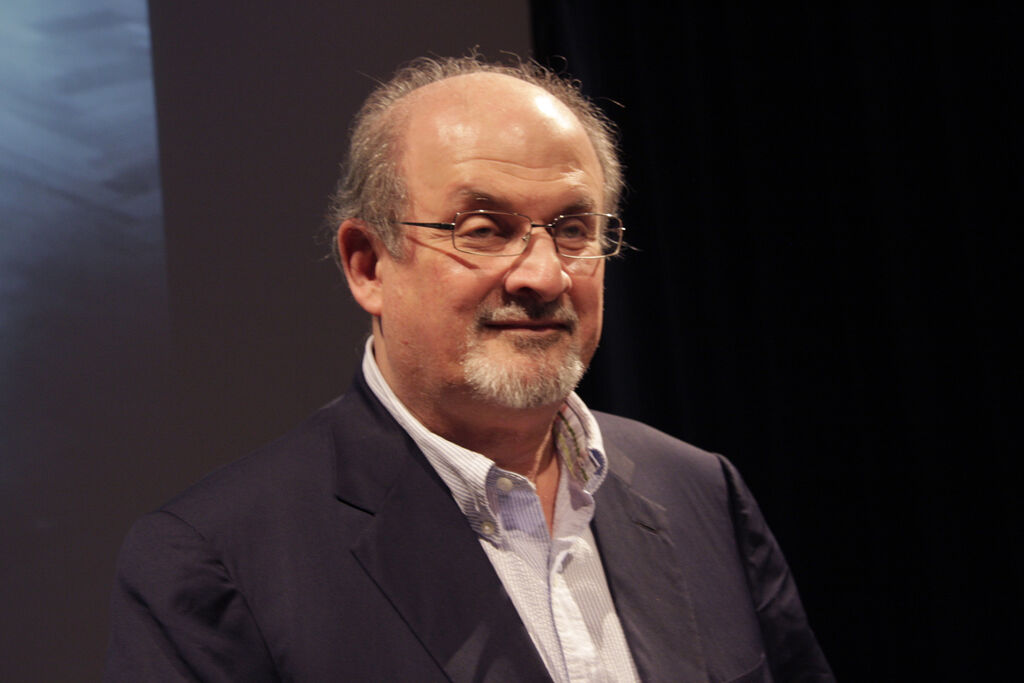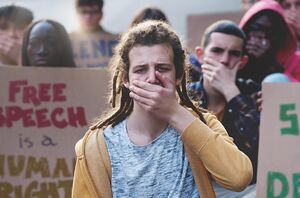Freedom of Speech
Free speech champion Salman Rushdie recovering after attack
Free speech campaigner and author Salman Rushdie has been taken off a ventilator and is now on the slow road to recovery according to his family.
He is still in a critical condition but his son said, ‘though his life-changing injuries are severe, his usual feisty and defiant sense of humour remains intact.”
Mr Rushdie was attached last Friday right before he was due to give a speech in New York State.
The man charged with the attack, named as Hadi Matar, 24, has pleaded not guilty to charges of attempted murder and assault.

Decades in hiding
Salman Rushdie was forced into hiding for nearly 10 years after The Satanic Verses was published in 1988.
The book prompted fierce criticism with Muslims condemning its portrayal of the Prophet Muhammad.
Mr Rushdie faced death threats and a fatwa calling for his assignation was issued by the then Iranian leader Ayatollah Ruhollah Khomeini.
As recently as 2012, an organisation that is allegedly a branch of the Iranian government put a $3m bounty on his head.
In an editorial following the attack, The Times newspaper warned that it’s not simply in regimes where dictator silence opposition that free speech is under threat but here in the West as well.
Politicians from across the political spectrum have also condemned the savage attack.
Author JK Rowling, a prominent and outspoken advocate for women's rights, especially in the face of the transgender lobby, has received a death threat following her support for Mr Rushdie.
Free Speech under threat?
Sadly, in liberal societies which are built on a commitment to free speech, this right is no longer as strong as it once was.
There’s a mutant liberalism that’s taken hold, one which holds you to impossibly high standards and demands absolute allegiance to its beliefs and tenants.
Christians have historically been on the side of free speech because it is a means of ensuring gospel proclamation. In previous centuries and until the present day, Christians campaigned for religious freedom and free speech, recognising the importance of freedom of conscience.
Read more
Share
